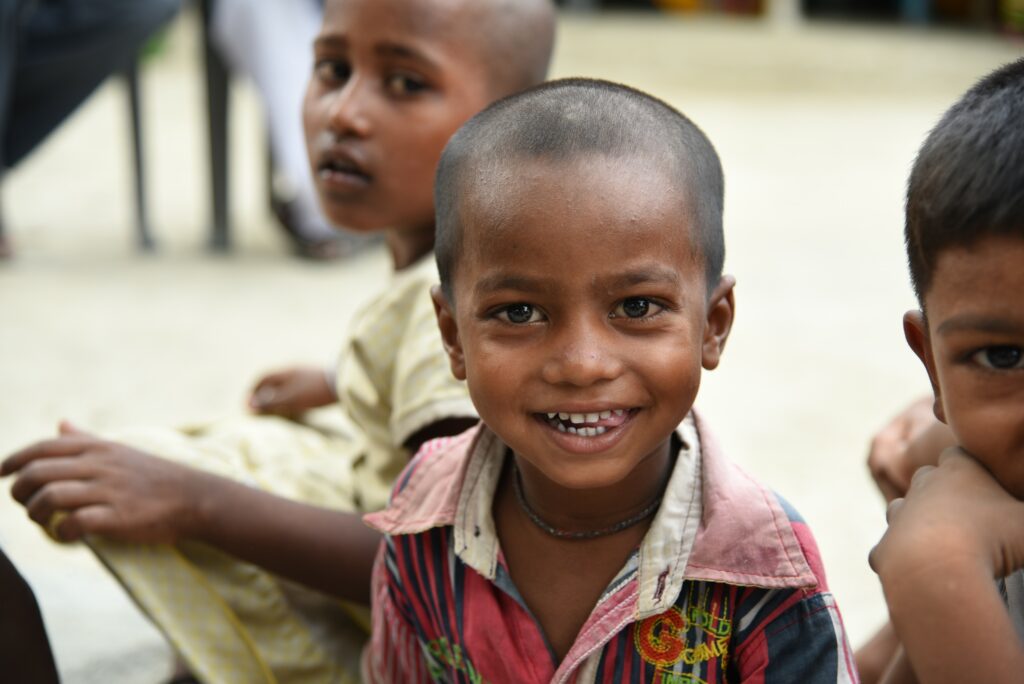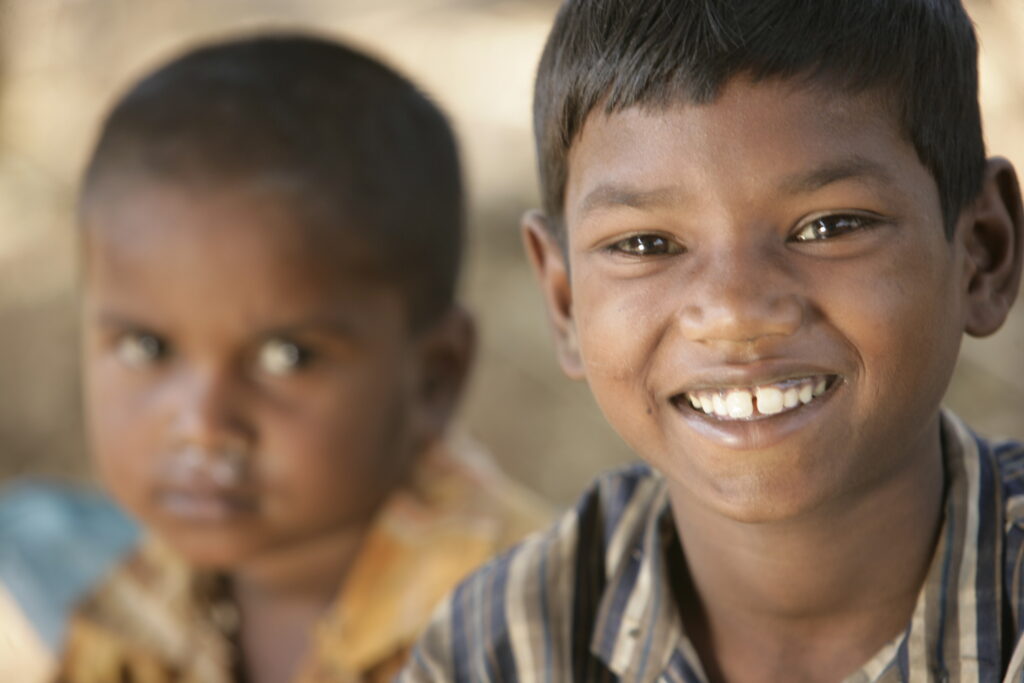
The Importance of Children’s Mental Health in Rural India
Summary/TL;DR on Mental Health in Rural IndiaMental health is crucial for children's overall well-being and development, especially regarding men....
Read MoreProper nutrition is essential for children's growth, development, and well-being. In India, many children, especially those from underprivileged backgrounds, face challenges in accessing adequate nutrition.
This blog explores the current state of child nutrition in India, the challenges faced, effective strategies for improvement, and the role of organisations like CRY India in supporting child health and nutrition.

While significant progress has been made in India, many children, especially those from underprivileged backgrounds, continue to face nutritional challenges. Understanding the current state of child nutrition in India is essential to effectively addressing these issues.
Child nutrition refers to the intake of essential nutrients such as proteins, vitamins, and minerals necessary for growth and development. Proper nutrition is crucial during the early years, as it supports physical growth, cognitive development, and the immune system, laying the foundation for a healthy adulthood.
India has made notable progress in improving child nutrition. According to the National Family Health Survey (NFHS-5, 2019-21), the prevalence of stunting among children under five has decreased from 38.4% to 35.5%, wasting from 21.0% to 19.3%, and underweight from 35.8% to 32.1% compared to the previous survey (NFHS-4, 2015-16) (Source: Ministry of Women and Child Development, 2023).
However, challenges persist. In 2022, approximately 45 million children under five years old were affected by wasting, representing 6.8% of this age group. Among them, 13.7 million (3.1%) suffered from severe wasting. Over three-quarters of all children with severe wasting live in Asia and Africa (Source: UNICEF, 2023).
Despite improvements, underprivileged children often suffer from deficiencies in essential nutrients. Common issues include:
Also Read: Child Immunization In Rural Areas
Several factors contribute to the nutritional challenges faced by children in underprivileged communities:
Addressing these challenges requires a multifaceted approach:
Ensuring adequate nutrition for children is a critical priority in India, as it directly influences their growth, development, and future potential. Recognising the significant impact of child nutrition on national development, the government and various non-governmental organisations (NGOs) have launched initiatives to fight malnutrition and promote healthy eating habits among children.
These collaborative efforts are essential in addressing the multifaceted challenges of child nutrition across the country.
The Indian government has launched several initiatives to combat malnutrition:
Despite these efforts, challenges remain. For instance, high food inflation has adversely affected the quality of meals provided under the Mid-Day Meal Scheme, highlighting the need for increased budget allocations to maintain nutritional standards.
Also Read: Effects Of Mid Day Meal Programme
CRY India (Child Rights and You) is a non-governmental organisation dedicated to ensuring children's rights, including their right to proper nutrition.
CRY India collaborates with local communities to implement programs focusing on:
One notable initiative is the promotion of kitchen gardens. By encouraging families and schools to grow vegetables and fruits rich in micronutrients, CRY India aims to reduce malnutrition and enhance food security at the grassroots level. Under the Sustainable Nutrition Initiative, 600 kitchen gardens have been set up by CRY India across seven states in India, benefiting numerous communities.
Individuals can contribute to improving child nutrition by:
Malnutrition among children in India is primarily caused by poverty, inadequate maternal nutrition, low dietary diversity, lack of awareness about proper nutrition, and limited access to healthcare services. These factors contribute to undernutrition and create a cycle of poor health and malnutrition.
The Indian government has executed various programs to combat child malnutrition. The ICDS scheme offers supplementary nutrition, immunisation, and health check-ups for children under six and their mothers. The Mid-Day Meal Scheme provides free lunches to schoolchildren, enhancing nutrition and encouraging attendance. Through targeted interventions, Poshan Abhiyaan, the National Nutrition Mission, focuses on improving nutritional outcomes for children, pregnant women, and lactating mothers.
Mid-day meal programs are vital in enhancing child health by supplying free, nutritious meals to schoolchildren. These meals address hunger and improve nutritional intake, leading to better health and cognitive development. Additionally, providing meals encourages regular school attendance, improving educational outcomes and overall well-being.
Family education is crucial in enhancing child nutrition. Educating families about balanced diets, proper feeding practices, and hygiene empowers them to make informed nutritional choices. This knowledge leads to adopting healthier eating habits, preventing malnutrition, and improving health outcomes for children, breaking the cycle of poor nutrition.
Individuals can support child nutrition in India by engaging with organizations dedicated to this cause. Contributions can include donations to NGOs like CRY India, volunteering in community nutrition programs, and advocating for policies that promote child health and nutrition. Personal involvement and support help create sustainable changes, ensuring better nutritional outcomes for underprivileged children.